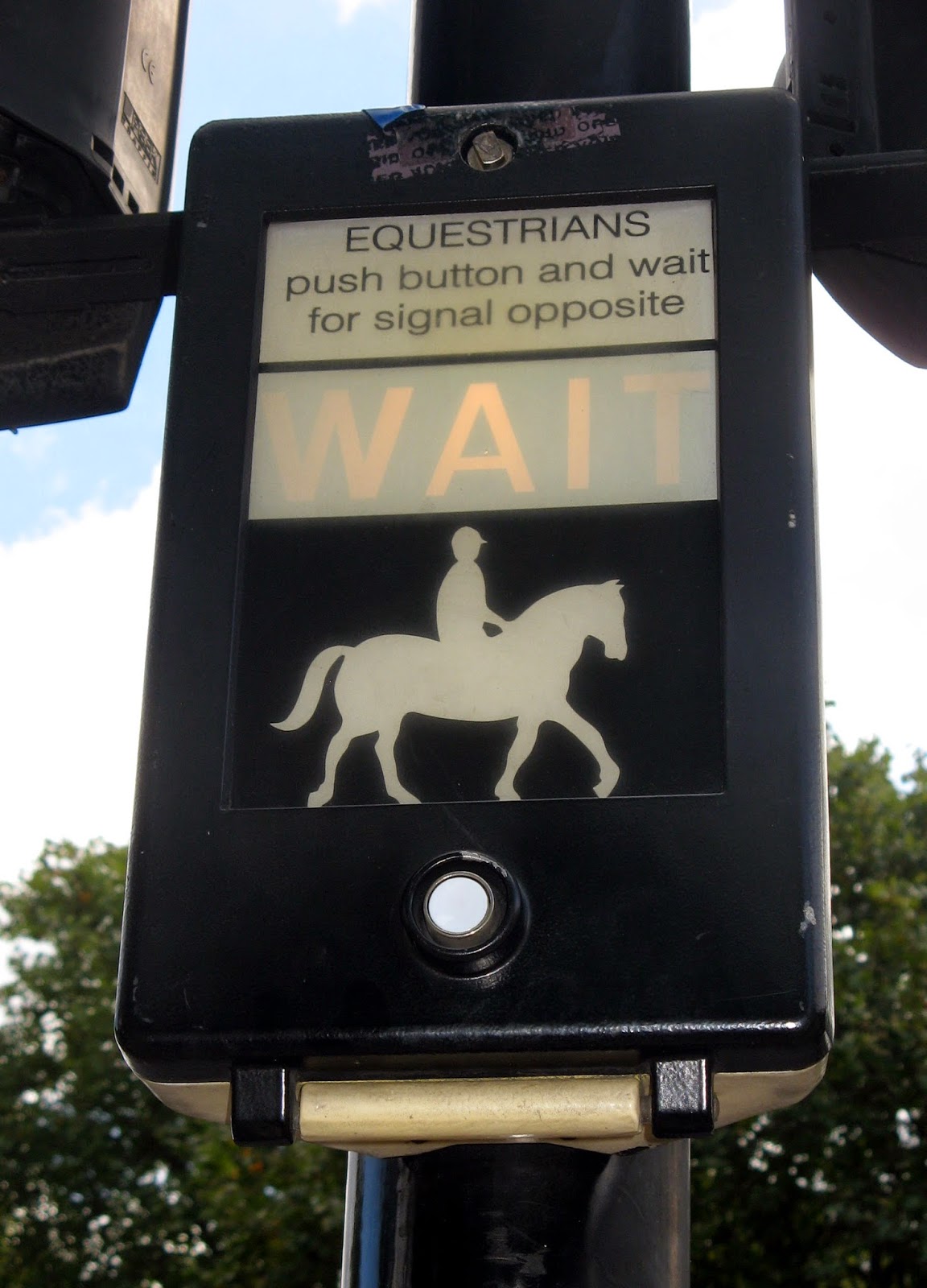Roland Barthes - Changes in approach to reading - work to text
 |
| What are you really reading? Image by Pedro Ribeiro Simões |
French Philosopher, Linguist and Semiotician Roland Barthes (1915-1980) was one of the leading structuralist thinkers of the 20th century. He built his concept of the transformation of our approach to literary works based on the theories of Ferdinand de Saussure (1857-1913), Julia Kristeva, and Mikhail Bakhtin (1895-1975).
Barthes noticed back in the 1970s that a change was taking place in how we approach language and literary written works, pointing out that disciplines were breaking down their borders and beginning to interact. Barthes viewed this move as part of the development of thought on linguistics, anthropology, Marxism, and psychoanalysis – and he pointed out that the adjustment in attitude was not coming from the “internal recasting” of these disciplines but from “their encounter in relation to an object which traditionally was not a part of them.”
Barthes claimed that although a certain ‘mutation’ occurred due to the process of interaction between disciplines, these transformations should not be over-estimated since they constituted just an “epistemological slide” that had taken place in the traditional way of looking at previously formed categories. Barthes continued to explain that the interdisciplinary nature of literary and cultural analysis had altered our conception of language and the traditional notion of what was understood to be a literary work and had thus resulted in the reader’s focus being changed from a ‘piece of work’ as whole to an object known as the ‘text.’
Interested to know more about Roland Barthes, work, text and the changes in our approach to reading?
If so, read my article on Decoded Science, "Roland Barthes: From Work to Text” Explained".
Other sources you may find interesting:
Barthes, Roland. From Work to Text. (1977). Image-Music-Text. 155-164. London: Fontana.



Comments
Post a Comment